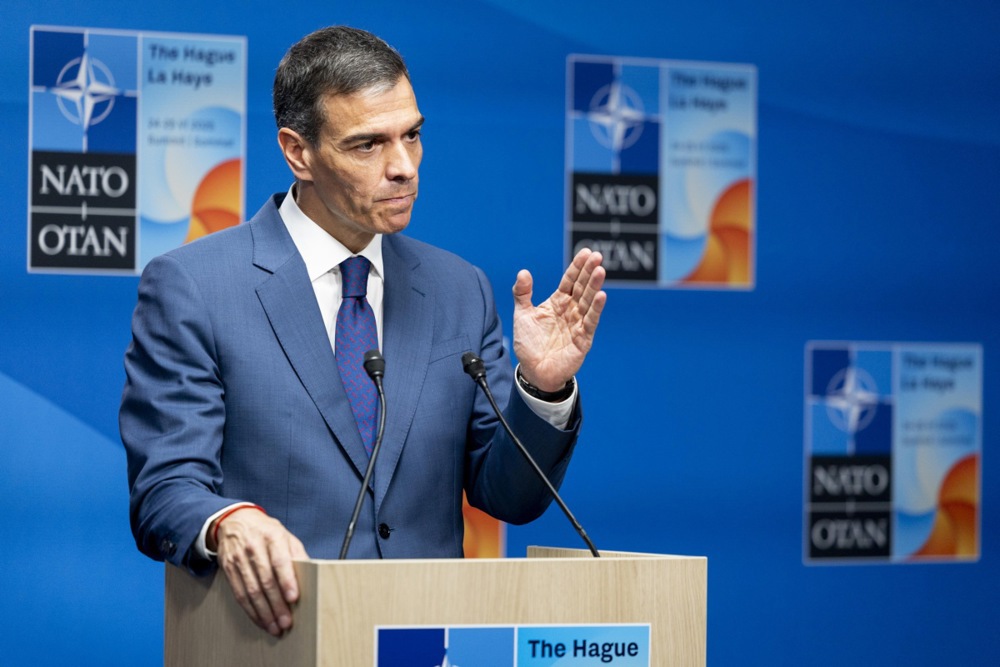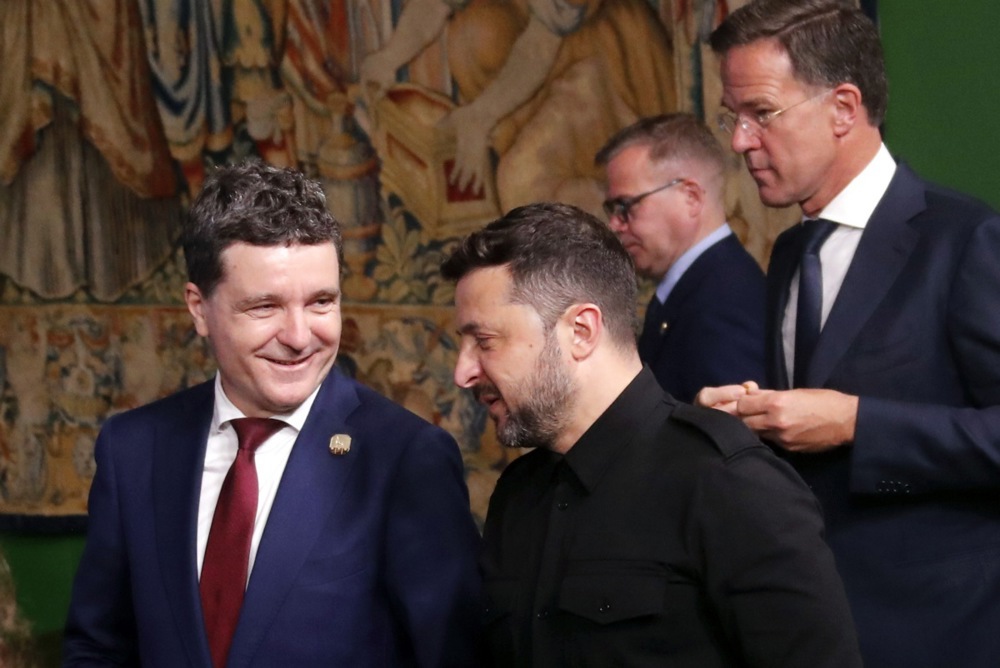Dovilė Šakalienė, Lithuania’s Minister of National Defence, has been dismissed amid ongoing tensions over budget priorities and internal government dynamics.
Lithuanian Prime Minister Inga Ruginiene sacked the minister yesterday, saying she had lobbied for the budget behind the government’s back.
“Today I informed the president of my decision to propose the defence minister’s dismissal. I did so verbally, and a written submission will follow shortly,” Ruginienė told reporters at the Presidential Palace.
“Sometimes circumstances force us to make very painful decisions but I cannot allow such misunderstandings and issues to occur in a field as important as defence.
“My goal is to ensure the ministry functions smoothly,” she added.
The PM accused Šakalienė of being dishonest, unco-operative and unable to manage her team effectively, among other criticisms.
Social Democratic Party chairman Mindaugas Sinkevičius said he no longer trusted Šakalienė either.
Šakalienė, a psychologist-turned-politician soon after said she had tendered her resignation following her fallout with Ruginiene.
“I am stepping down from my position as defence minister. My resignation was submitted this morning at 10:00,” Šakalienė wrote on her Facebook page.
“No one can say what exactly I did wrong or where my competence failed the ministry,” she said. “I have only two things – my reputation and my competence. And if both are doubted, I have nothing else left.”
In her resignation statement, Šakalienė lamented: “I cannot continue under conditions of lost trust.”
The move, which she framed as voluntary despite her suspension two days earlier, has plunged the centre-left coalition—led by Ruginienė’s Social Democrats alongside Democrats For Lithuania party —into turmoil at a moment of vulnerability.
A public dispute over funding for Lithuania’s armed forces was the immediate trigger, according to the Lithuanian public broadcaster Lithuanian Radio and Television (LRT)
Šakalienė argued that defence spending must reach at least 5.5 per cent of GDP to counter hybrid threats from Moscow and Belarus, including drone incursions and the use of migrants as a weapon.
The now-ex-minister, known for her hawkish rhetoric, once famously calling for a “Game of Thrones-style wall” along the Russian frontier, pushed for accelerated investments in drones, conscription overhauls and hosting a German armed forces brigade.
Šakalienė shared internal government documents showing that the initial budget proposal allocated less than 4 per cent of GDP to defence, which rose to 4.87 per cent at a government session on October 1 and ultimately reached 5.38% by October 14.
Yet Ruginienė, struggling to get inflation at 2.5 per cent and coalition demands for social spending, capped the draft budget at 5.38 per cent of GDP, or €4.79 billion, prompting the premier to publicly decry Šakalienė’s “wavering confidence” in leadership.
This clash was amplified by an unrelated “influencer scandal” that led to Šakalienė’s suspension on October 20.
Allegations had surfaced that her office had improperly enlisted social media personalities to promote recruitment and policy initiatives, potentially breaching ethics rules on public funds for private endorsements.
Conservative Homeland Union party members seized on the episode to question her fitness for office, although no charges have materialised.
Interior minister Vladislav Kondratovič was swiftly named interim replacement, with President Gitanas Nausėda urged to expedite a permanent appointee to reassure NATO allies.
Šakalienė’s tenure was marked by progressive reforms including boosting female enlistment and mental health support in the military.
The budget wrangle exposes deeper coalition strains between security hawks and fiscal Conservatives, especially with Russia’s war in Ukraine raging nearby.
Analysts warn that delays could hamper Lithuania’ 3.5 per cent GDP defence pledge for 2026, risking perceptions of disunity at a time when alliance solidarity is paramount.
President Donald Trump suggested that Spain be expelled from NATO over its failure to match the higher defence spending requirement he has engineered. https://t.co/h0yEAdLwkN
— Brussels Signal (@brusselssignal) October 10, 2025





